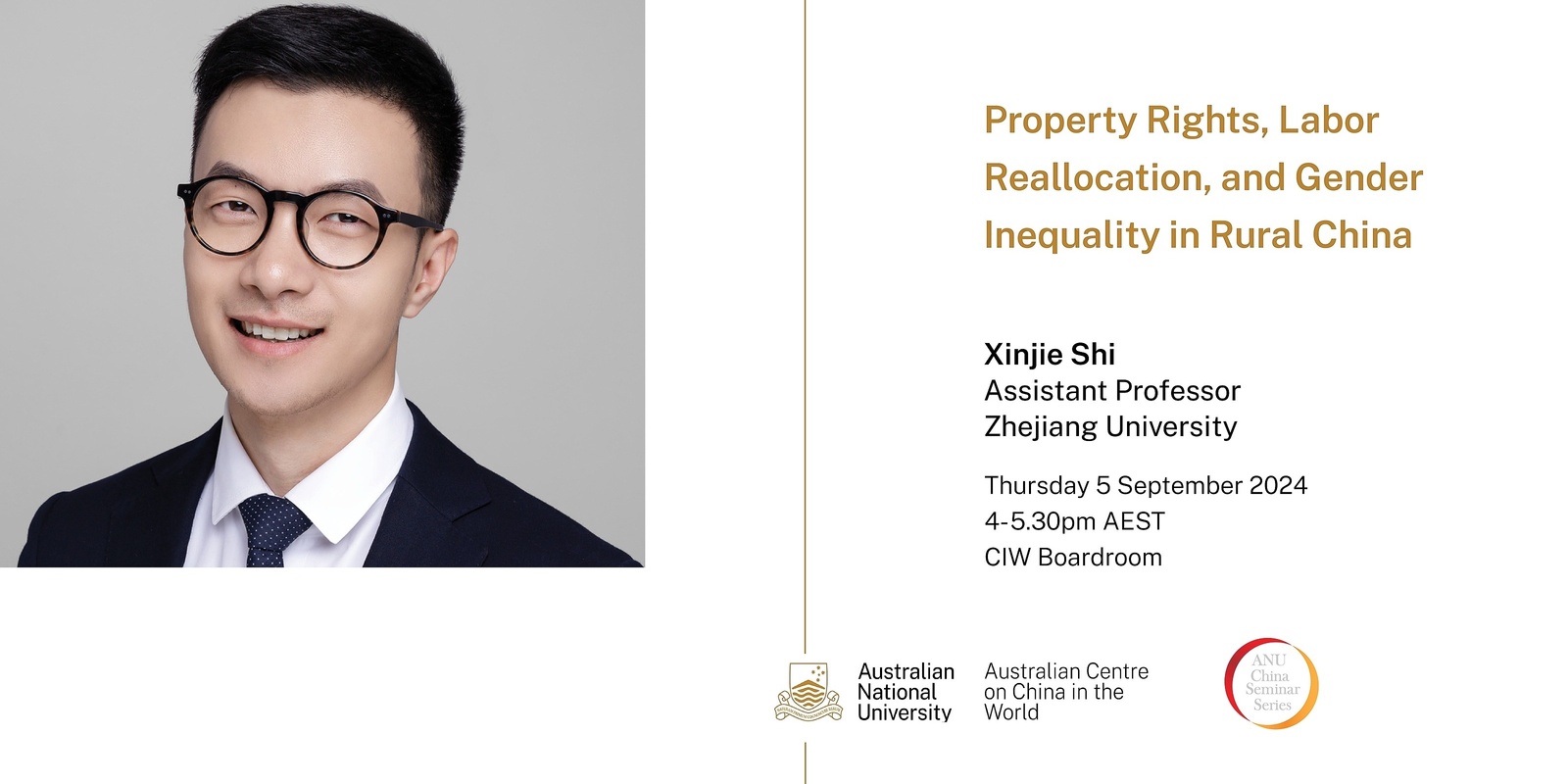Property Rights, Labor Reallocation, and Gender Inequality in Rural China
Event description
This study examines the gender-differentiated effects of improved land property rights on labor reallocation in China, using quasi-exogenous variation in the timing of the implementation of the Rural Land Contracting Law, which allows farmers to lease out their land. We find that while men and women tend to shift labor from the agricultural into non-agricultural sector following the land reform, women lag behind men. Our findings reveal a noticeable gender gap in the growth of off-farm labor participation (+16.69 % among men; + 1.95 % among women) and hours worked in off-farm sectors. The gender-differentiated effects on off-farm employment are likely caused by disadvantaged labor market conditions for women. These findings underscore the importance of improved land property rights in fostering rural structural transformation. Moreover, our results suggest that implementing land reforms without accompanying changes to address the root causes of gendered differences in off-farm employment could limit their full potential. This study has significant policy implications for the rural transformation of developing countries.
About the Speaker
Dr. Xinjie Shi obtained his Ph.D. degree from the Australian National University (ANU) and is currently an assistant professor at Zhejiang University. His research covers a wide range of Chinese rural development issues through the lens of agricultural economics and development economics. He has published around 40 academic papers in journals, including the Journal of Health Economics, Health Economics, Journal of Economic Behavior & Organization, Journal of Rural Studies, World Development, and China Economic Review.
The ANU China Seminar Series is supported by the Australian Centre on China in the World at ANU College of Asia and the Pacific.
Tickets for good, not greed Humanitix dedicates 100% of profits from booking fees to charity


